Ruppur, Sept 25 (V7N) – The Ruppur Nuclear Power Plant (RNPP), Bangladesh’s first nuclear energy project, has entered its final stage of preparation for uranium fuel loading after more than a decade of construction under the supervision of Russia’s state-owned nuclear agency, Rosatom. While the project edges closer to commissioning, a wave of speculation and reports has sparked concerns over its safety.
Project officials, however, have dismissed claims of rushing into electricity generation without proper safety clearance. They stressed that no fuel loading or operations can take place without the approval of the Bangladesh Atomic Energy Commission (BAEC), the Bangladesh Atomic Energy Regulatory Authority (BAERA), and compliance with International Atomic Energy Agency (IAEA) safety requirements.
Dr. Md. Zahedul Hasan, Managing Director of Nuclear Power Plant Company Bangladesh Limited (NPCBL) and former project director, stated that the plant would not proceed “under any circumstances” without ensuring maximum safety. “Safety is our highest priority. If necessary, we will delay operations to ensure every recommendation is addressed. There is no scope for shortcuts,” he said.
An IAEA pre-Operational Safety Review Team (Pre-OSART) conducted a mission at RNPP between August 10 and 27. Following the visit, the agency published a press note outlining observations and preliminary recommendations, which will be finalized in a report within three months. Only after implementing these recommendations and securing regulatory approval will uranium fuel loading begin.
Project insiders said RNPP requires around 1,500 non-nuclear tests before fuel loading, of which nearly 900 have already been completed. The remaining tests are progressing under strict supervision, with instructions to ensure timely and accurate completion. Nuclear testing will begin only after successful completion of the non-nuclear stage.
IAEA emphasized three key areas in its recommendations: strengthening fire safety and preventive measures, enhancing the quality of operational supervision and conduct of operations, and improving equipment preservation during commissioning to prevent deterioration that could affect safety.
Some media outlets and social platforms have circulated reports claiming the project is being pushed toward premature commissioning, citing alleged “secret IAEA documents.” Officials have rejected these as misinformation, calling it a deliberate attempt to undermine the project. “IAEA does not issue secret reports. All mission findings are published openly for transparency,” an NPCBL spokesperson said.
The agency identified 17 issues during its mission, which project officials described as “standard observations” aimed at ensuring international safety benchmarks. Similar recommendations are made in all countries hosting nuclear facilities.
There have also been questions about equipment usage between RNPP’s two units, such as valves being moved from Unit-2 to Unit-1. Officials clarified that Unit-2 is an identical replica of Unit-1, making such technical adjustments acceptable and safe.
RNPP authorities emphasized that final commissioning will only proceed after a follow-up OSART mission confirms compliance with safety standards. Until then, uranium loading and electricity generation will remain on hold.
“Bangladesh invited IAEA experts precisely to ensure the plant meets the highest international safety standards,” Dr. Hasan noted. “The Pre-OSART recommendations are an important milestone, not a warning sign. Most critical tests are already complete, and the remaining will be finalized before approval. There is no cause for alarm.”
Once operational, the Ruppur Nuclear Power Plant is expected to significantly reduce Bangladesh’s reliance on fossil fuels and diversify its energy mix, contributing to long-term energy security.
END/MSR/SMA/



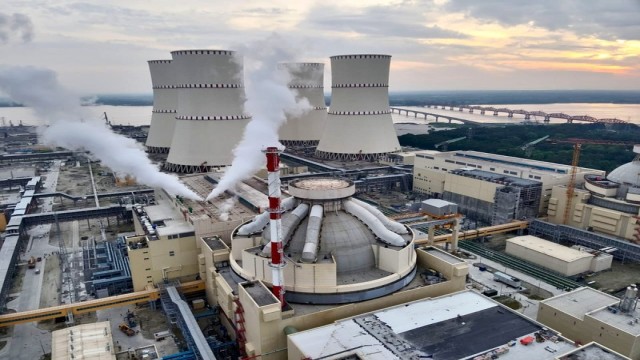

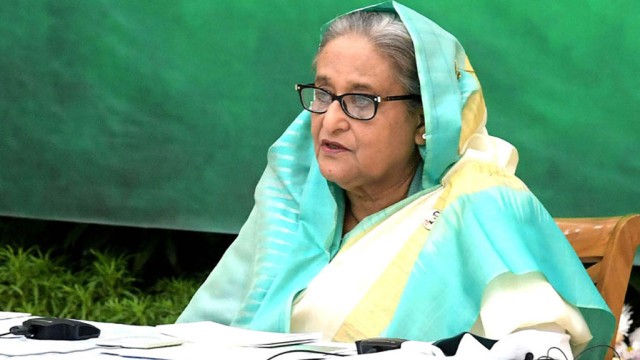



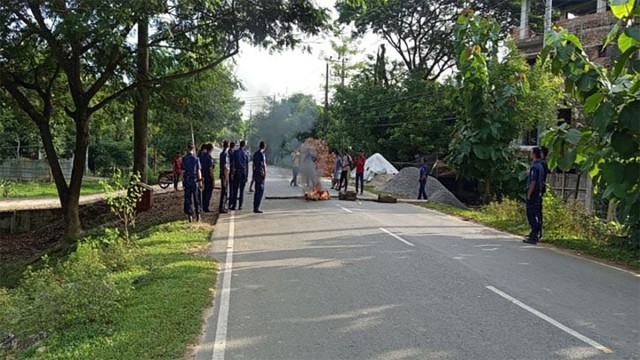











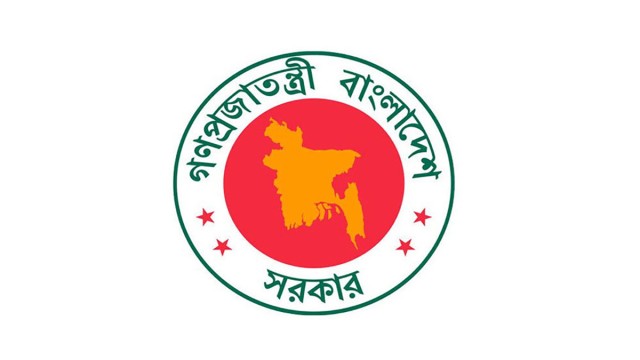



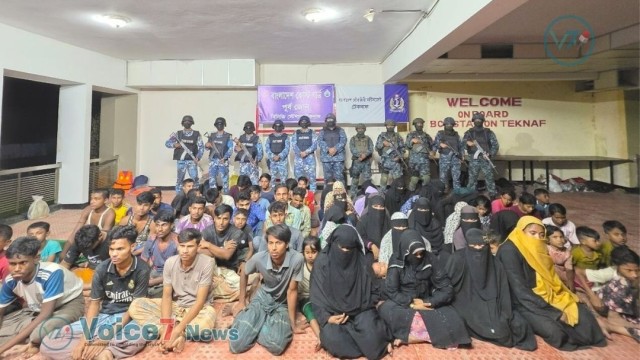

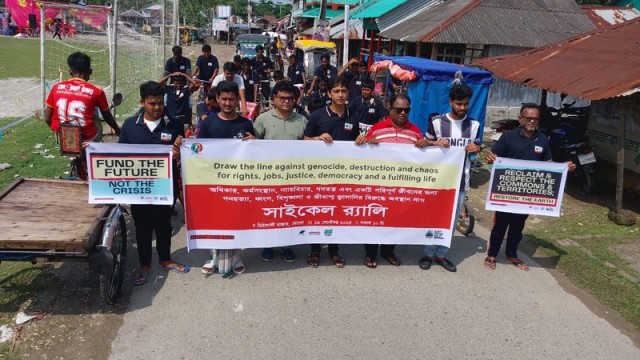

Comment: